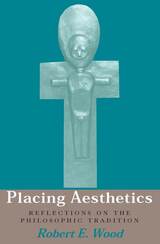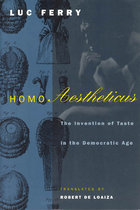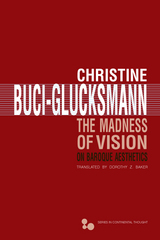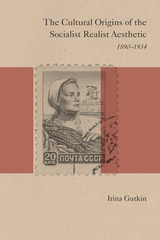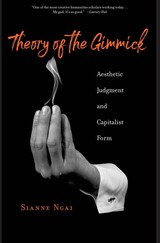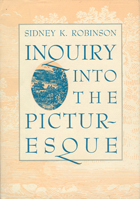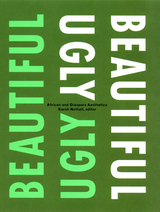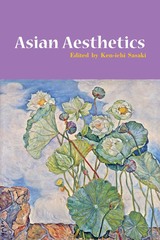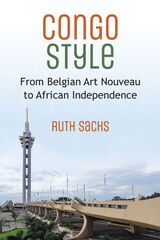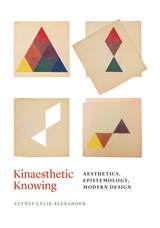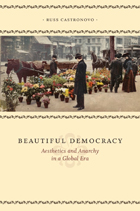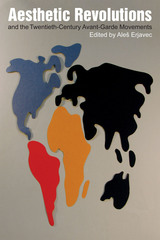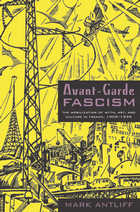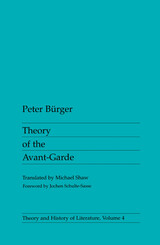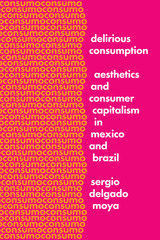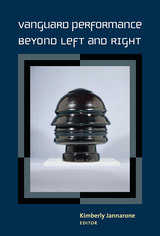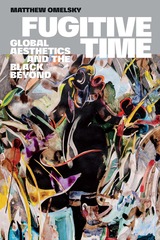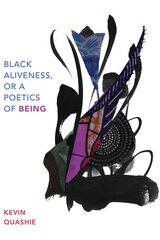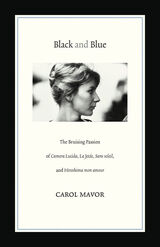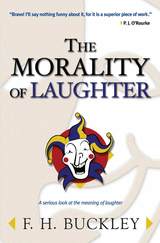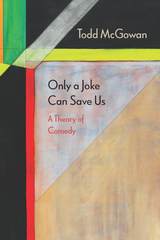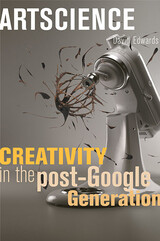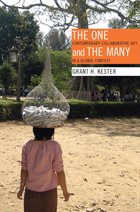Subjunctive Aesthetics: Mexican Cultural Production in the Era of Climate Change
Vanderbilt University Press, 2024
Cloth: 978-0-8265-0618-4 | Paper: 978-0-8265-0617-7 | eISBN: 978-0-8265-0619-1 (ePub) | eISBN: 978-0-8265-0620-7 (PDF)
Library of Congress Classification BH221.M6
Dewey Decimal Classification 111.850972
Cloth: 978-0-8265-0618-4 | Paper: 978-0-8265-0617-7 | eISBN: 978-0-8265-0619-1 (ePub) | eISBN: 978-0-8265-0620-7 (PDF)
Library of Congress Classification BH221.M6
Dewey Decimal Classification 111.850972
ABOUT THIS BOOK | AUTHOR BIOGRAPHY | REVIEWS | TOC
ABOUT THIS BOOK
During the twenty-first century, Mexico has escalated extractive concessions at the same time that it has positioned itself as an international leader in the fight against climate change. Cultural production emergent from this contradiction frames this impasse as a crisis of imagination. Subjunctive Aesthetics studies how contemporary writers, filmmakers, and visual artists grapple with the threat that climate change and extractivist policies pose to Mexico's present and future. It explores how artists rise to the challenge of envisioning alternative forms of territoriality (ways of being in relation to the environment) through strategies ranging from rewriting to counterfactual speculation.
Whereas ecocritical studies have often focused on art's evidentiary role—its ability to visualize and prove the urgency of environmental damage—author Carolyn Fornoff argues that what unites the artists under consideration is their use of more hypothetical, uncertain representational modes, or "subjunctive aesthetics." In English, the subjunctive is a grammatical mode that articulates the imagined, desired, and possible. In the Spanish language, it is even more widely used to express doubts, denials, value judgments, and emotions. Each chapter of Subjunctive Aesthetics takes up one of these modalities to examine how Mexican artists, writers, and filmmakers activate approaches to the planet not just as it is, but as it could be or should be.
Whereas ecocritical studies have often focused on art's evidentiary role—its ability to visualize and prove the urgency of environmental damage—author Carolyn Fornoff argues that what unites the artists under consideration is their use of more hypothetical, uncertain representational modes, or "subjunctive aesthetics." In English, the subjunctive is a grammatical mode that articulates the imagined, desired, and possible. In the Spanish language, it is even more widely used to express doubts, denials, value judgments, and emotions. Each chapter of Subjunctive Aesthetics takes up one of these modalities to examine how Mexican artists, writers, and filmmakers activate approaches to the planet not just as it is, but as it could be or should be.
See other books on: Climate Change | Disasters & Disaster Relief | Environment (Aesthetics) | Era | Global Warming & Climate Change
See other titles from Vanderbilt University Press

